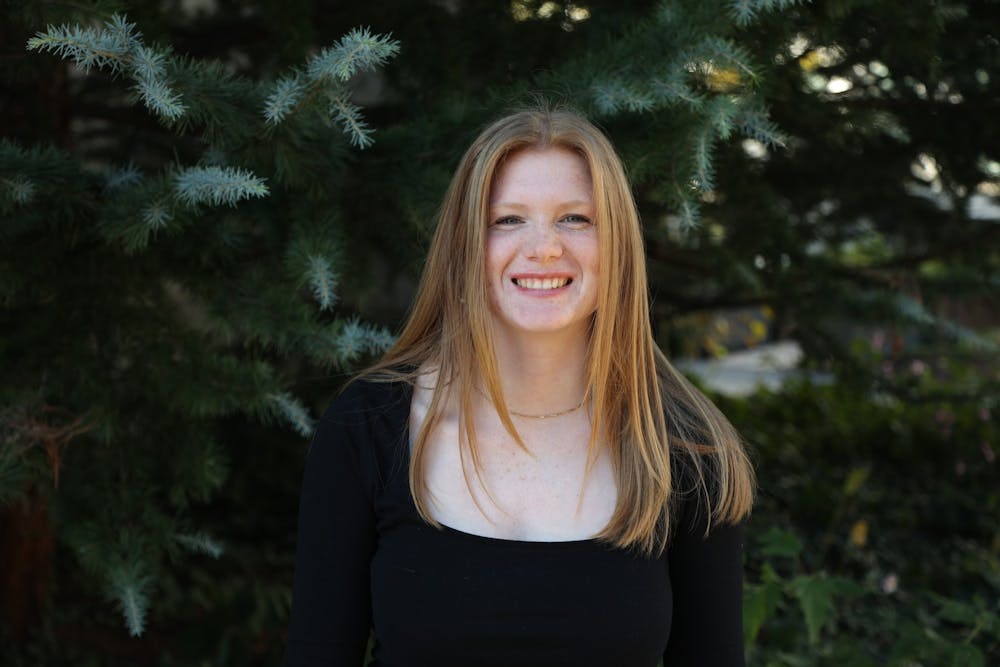The college experience is built for making connections. As I near graduation, I have grown increasingly worried about finding places where I can connect with people outside of work. It is easy in college to make a community because college life revolves around that. Starting from the first day, there is orientation, communal living, clubs, campus activities and so much more that allow students to create community. Even without these planned events, every building serves as a free communal space where students can interact and occupy a public area.
Many graduates say that college was the best years of their lives and reminisce on the accessible community life of college. People tend to believe that this way of living is confined to a college lifestyle, but this does not have to be the case. To continue this way of life, we must invest in creating community in our adult society.
Recent graduates may find themselves feeling a “post-graduation depression” when they leave their college community and enter the adult world. The Washington Post states that while this is “not an official diagnosis, ‘post-graduation depression’ is commonly used to describe the extreme sadness and impaired functioning that recent grads report after they leave behind the world they created in college.”
Recently graduated young adults in their 20s are also in times where they could be at their loneliest. A study done in 2016 on developmental psychology showed that loneliness peaks in young adulthood, which is defined in the study as less than 30 years old. This loneliness and depression need to be addressed by creating places for communities to grow after college.
Preserving community is essential to changing the feelings and experiences of this age demographic. This can be done by more access to spaces to create connections. The American Enterprise Institute released a study in 2019 that showed a link between loneliness and lack of community spaces. Those who live closer to community and public spaces such as parks and libraries “are more content with their neighborhood, more trusting of others, and less lonely,” no matter if it is a city, suburb or small town. On the other side, those who live in a place where the community has much less access to these spaces “have a far greater likelihood of feeling socially isolated.” Introducing more communal spaces can decrease loneliness and help people make connections.
Unfortunately, many people still lack these social spaces. The Atlantic found that only around 23 percent of Americans live in high-amenity communities, compared to the 44 percent who live in moderate-amenity communities and the 33 percent who live in low-amenity communities. Too many people are living in isolated communities and lack resources to change this.
Communal places can be the solution to post-graduation depression and loneliness. While not every area has quality communal places, those that do exist need to be taken advantage of and those that lack communal spaces need attention and investment to create those spaces. Together, with financial investments of increased communal spaces and with dedication to use those spaces, society can emulate the college community outside the confines of college.
The cycle of loneliness and isolation after college can be broken by sharing the ways that college created community and practicing those ways in our life. Communal spaces in all areas can combat the current cycle of loneliness. The best years of our lives don’t have to end after college, but we have to put in the work to get that community back.
Anna Gephart is a junior in the School of Public Affairs and a columnist for The Eagle. This article was edited by Jelinda Montes, Alexis Bernstein and Nina Heller. Copy editing was done by Isabelle Kravis, Luna Jinks, Leta Lattin, Natasha LaChac and Sarah Clayton.





